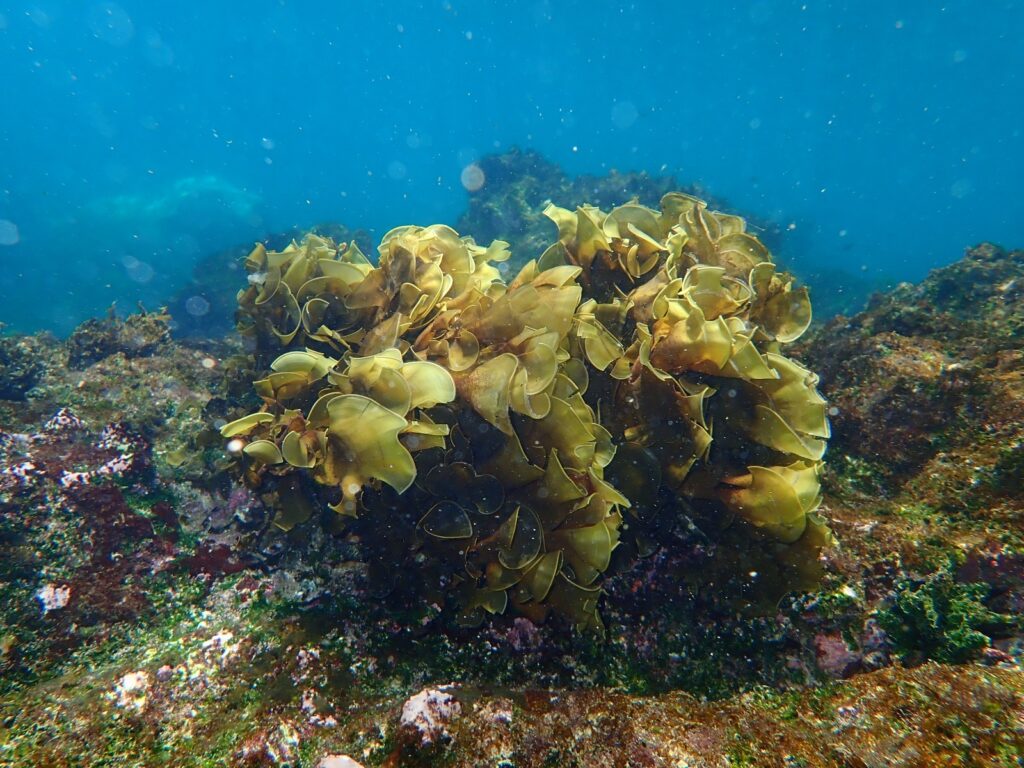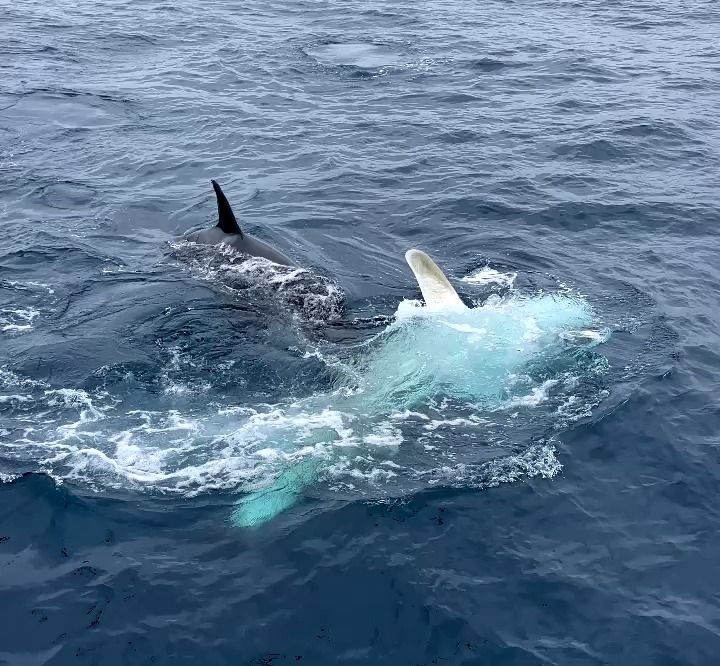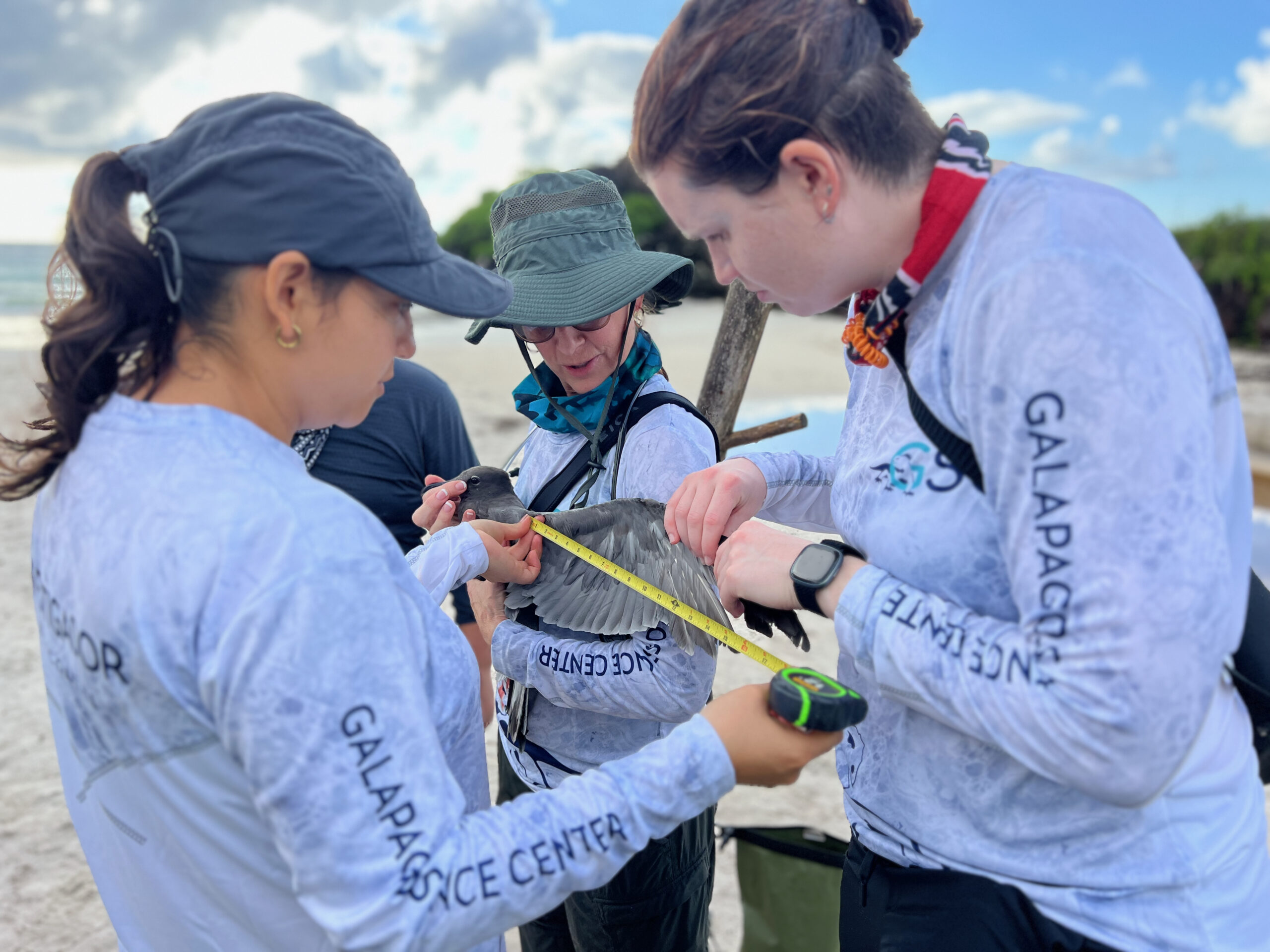This study, published in Marine Ecology Progress Series, examines how nutrient availability can help marine macroalgae in the Galápagos Islands better adapt to higher temperatures—a challenge they face due to climate change. Macroalgae are essential aquatic plants for marine ecosystems as they provide food and shelter for many species. However, their ability to survive and thrive largely depends on environmental conditions, such as the amount of nutrients in the water.
Global warming is causing ocean stratification, a phenomenon that reduces the mixing of water layers, thereby limiting the movement of nutrients from the depths to the surface. This could hinder access to essential nutrients for macroalgae, reducing their productivity and impacting the marine species that rely on them.
Researchers studied four types of common macroalgae in the Galápagos (Ulva, Caulerpa, Padina, and Ochtodes) under two conditions: waters with natural nutrient levels and waters artificially enriched with nutrients such as nitrogen and phosphorus. These nutrients are critical for the algae’s metabolic processes, especially photosynthesis, which is how they produce energy. Scientists measured several aspects of their performance, including the “thermal optimum” (the ideal temperature for their photosynthetic activity) and “maximum performance” (the highest photosynthetic rate they can achieve).
The results showed that in two of the species studied (Padina and Caulerpa), nutrient enrichment increased their thermal optimum and photosynthetic capacity, allowing them to perform better at higher temperatures. This suggests that these macroalgae could more easily adapt to rising temperatures if they have sufficient access to nutrients. However, in the other two species (Ulva and Ochtodes), no significant changes were observed, indicating that not all macroalgae benefit in the same way.
Read the full article in the following link






